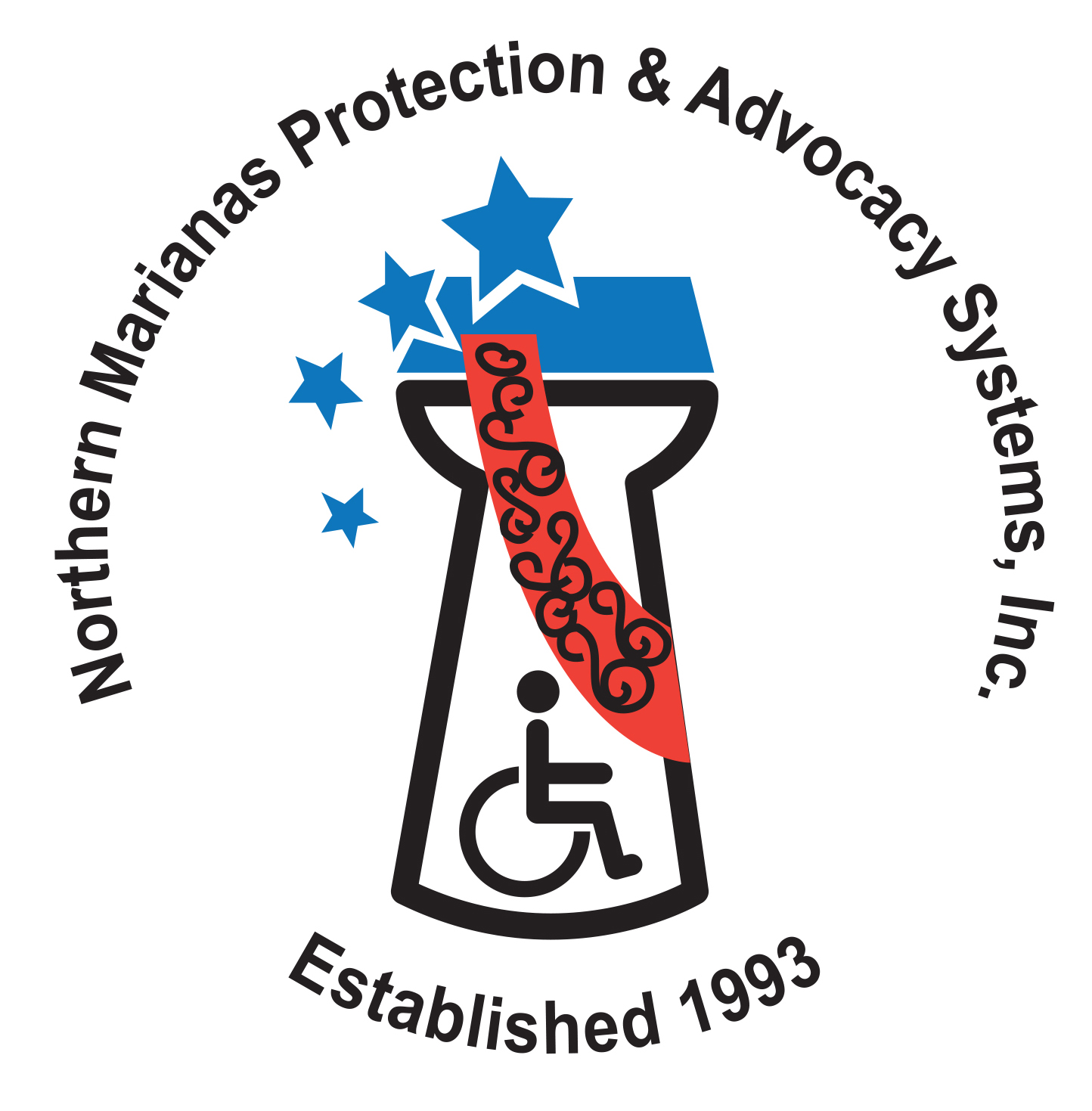MY bubble burst when I was told that one of my children needed to be referred off-island for appropriate medical care.
After years of advocating on behalf of other people’s children, suddenly the stakes became far more personal…and my own child became at-risk of not receiving appropriate care. Now more than ever, I believe that all families with children need to plan for what will happen in case of a medical emergency.
It doesn’t matter whether you are a single parent, a two-parent family or a large extended family household — you must have a plan in place. A plan will make sure your child is well cared for when a medical situation arises.
There are several good reasons to organize the paperwork you have about your child’s diagnosis or disability. For one, applications for some government programs such as Medical Referral require detailed information about a child’s medical history and treatment — it will be easier to find and refer to information if you keep it in one central location. Also, when you are advocating (speaking up) on behalf of your child, you often need to prove there is a need — keeping your records and reports organized will help you with this.
The following is a helpful list of tips/information that save me time and help to speed up the process of getting my child the care she needs:
• Information Sharing: Sharing information between educators and doctors is important for the coordinated care of your child. It is easier when you can make sure everyone has the latest plan, progress report or test if you have it handy.
• Medical History Form: This form lists the medications your child is taking, allergies she may have as well as any past and current medical conditions. Bring this form with you and give to the physician. I found that for every new doctor my child was sent to, I had to repeat her medical history.
• Insurance Policy: Work closely with your health insurance provider to insure that it covers medical problems abroad to where your child is being referred.
• Consent forms: Include consent forms to allow professionals to exchange information about your child and consent for evaluation forms.
• Medical Evaluation Results: Often when your child has a medical procedure or test you get the results over the phone. Ask the office if you can receive a written report. If not, enter the results in your records.
• Developmental/Educational Evaluation Results: Usually with educational testing you will receive a copy of the results as part of the planning process. If educational professionals conduct informal observations or assessments, ask for a written report.
• Medications: Whenever your child is prescribed a medication, record the name of the drug, the dosage and how often your child is supposed to take it. Also record the name of the doctor who prescribed it and the date, and be sure to keep track of any reactions your child has to the drug.
• Specialists: Keep their names and contact information handy. Some people keep specialists’ business cards to organize this information.
• Financial information: Keep records for how much you have paid or owe on medical, therapy and other expenses. This can help determine your eligibility for certain programs, or the amount you have to pay to receive services.
• Reading Materials: Last, but not least, make sure you have a book, magazine, or a newspaper to read while you are waiting for results or to see a physician. It will make the time pass more quickly and help keep your stress level lower.
In many families responsibilities are divided between partners. Write things down ahead of time to make it easier for one partner to step in if the other partner is away. Think about all the details of your family routines that you would need to tell someone if you weren’t there to keep things running — then put them on paper as written instructions.
As you create your plan, find friends, neighbors or family members who will be available to step in if help is needed. Make sure emergency contact information and detailed instructions are in place and written down.
This may sound time consuming, but I find that it helps save me from having to repeat myself as my daughter is being referred from one doctor to another.
For more information on the above topic and other disability-related information, please contact NMPASI at (670) 235-7273 or (670) 235-7274 and via the internet at www.nmpasi.org/.
The writer is an NMPASI client advocate.

